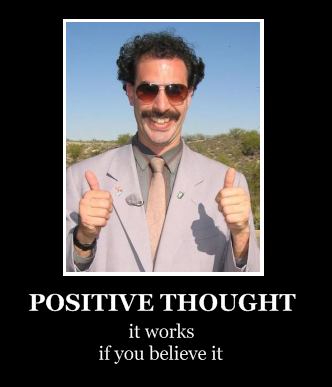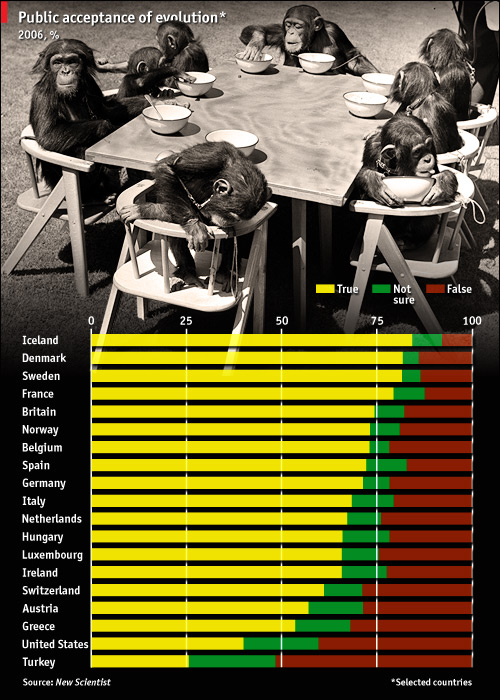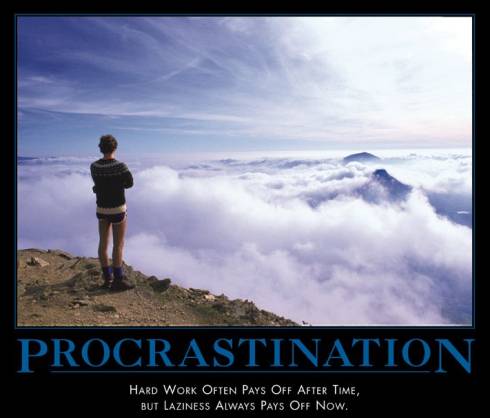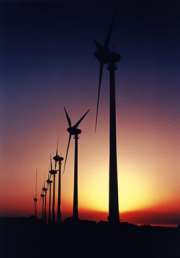
The Economist has an article on Zuma, South Africa, and the recession.
Summary:
- The current recession means that many of Zuma’s grand campaign promises are falling aside
- This is causing serious problems among the impatient poor masses
- It is also causing problems among his powerful left leaning COSATU and communist allies
- The fact that Tito Mboweni is leaving (suspiciously timed) suggests that perhaps Zuma is giving in to pressure
- It will be crucial to see if Zuma is able to “hold his left-wing allies in check” during the recession
In short, my take is this:
South Africa is full of poor people (40% of our population is below the poverty line).
These poor masses are impatient to improve their lot. They also believe that this is their right and will happen fast.
- Many believe their current situation to be the direct result of past injustice
- They have all been promised quick and drastic change by the ANC
With good governance and hard work their lot should improve – but only over time.
This is a problem because:
- We do not have good governance. Especially at the extremely important municipal level we often have shockingly bad governance
- The ANC promises unrealistic and quick results. Zuma made lots of mad promises during the campaign which are now falling by the wayside
So we have an already impatient, poor and jobless population being continually disappointed you surely have a recipe for unrest and possible disaster?
 So, positive thoughts do help – but only if you believe them.
So, positive thoughts do help – but only if you believe them. I love
I love 


 The Economist has a
The Economist has a